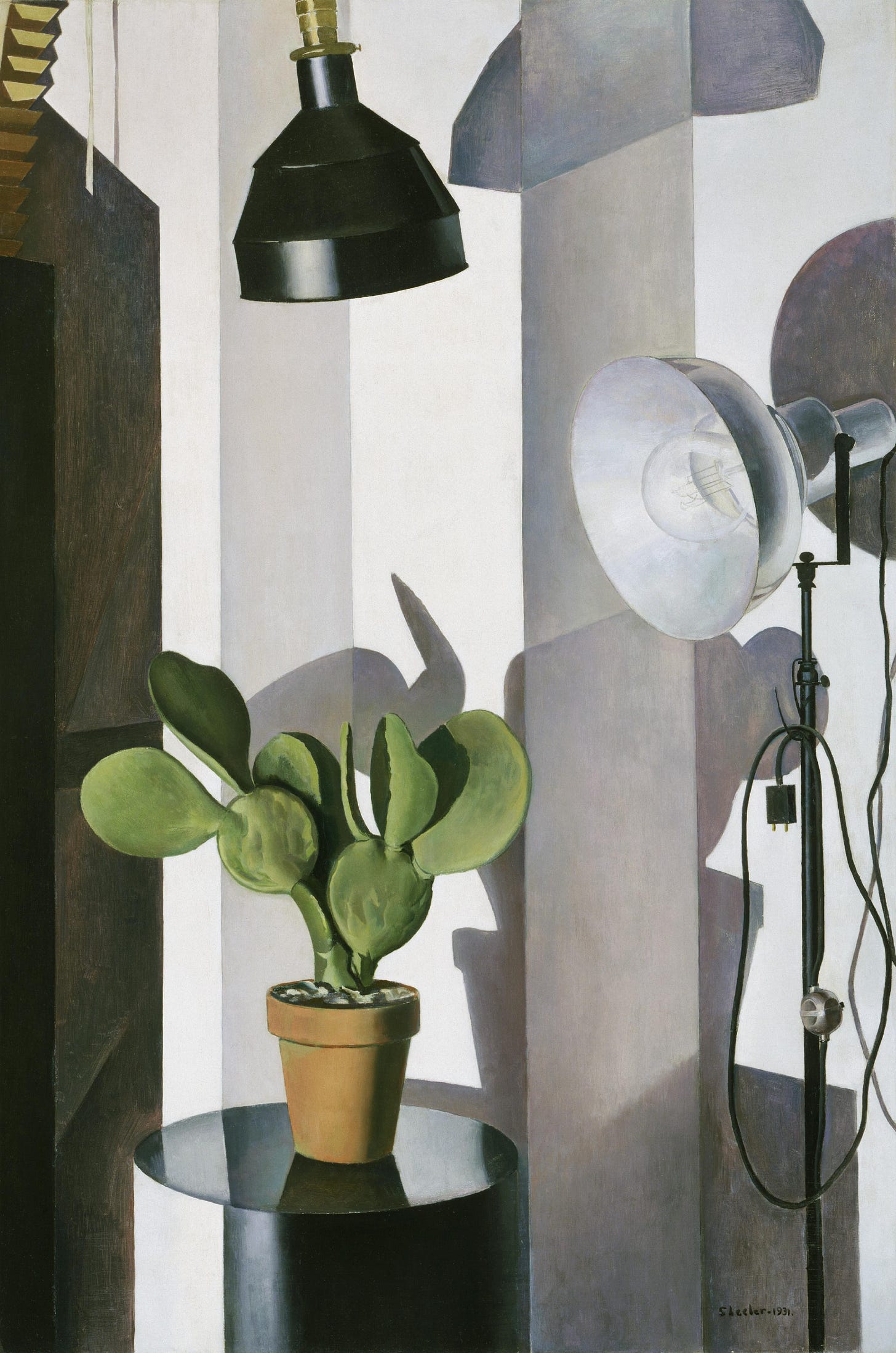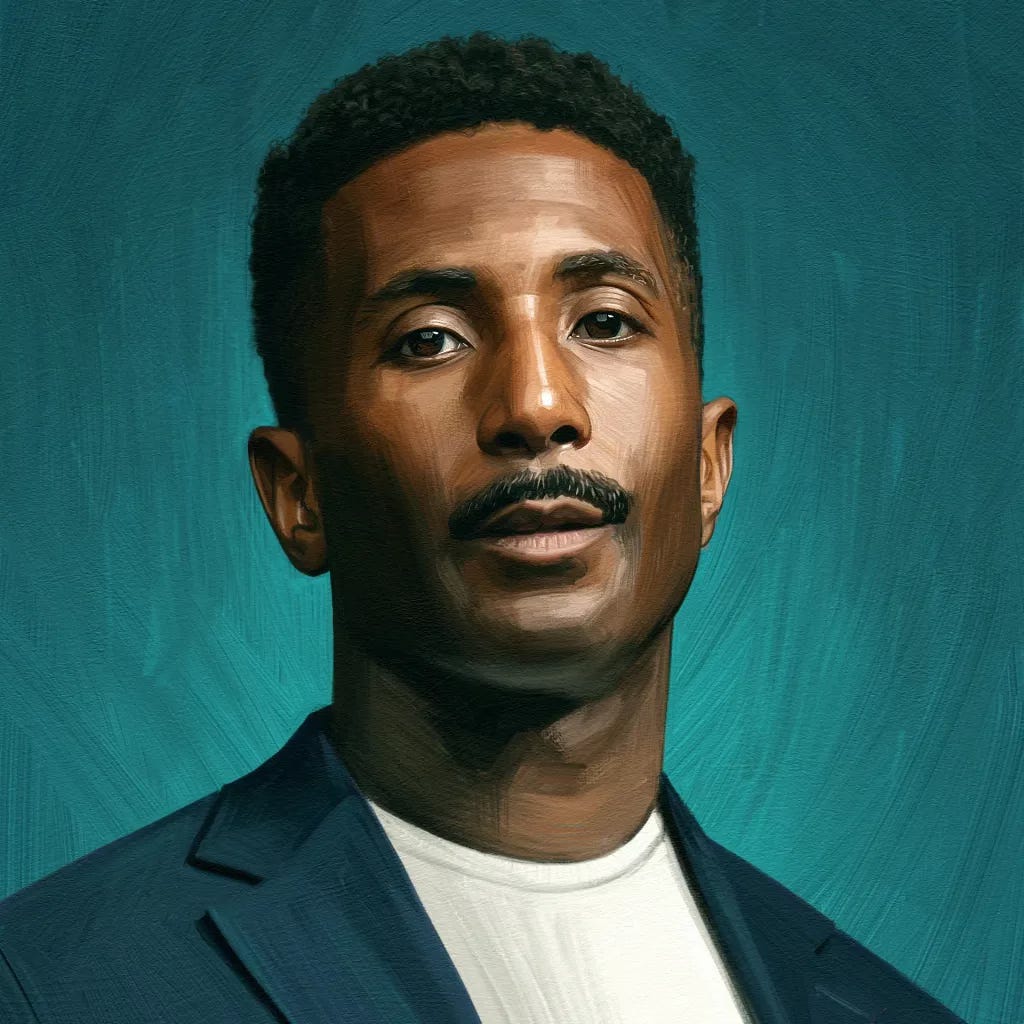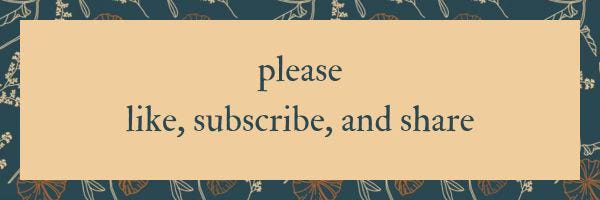something I have been thinking about
Spoon theory (this is also a good article) is what a lot of people who have chronic illnesses/pain use to communicate their limitations of emotional and physical energy, and how to optimize them to positively impact mental and physical health. This is something that is difficult on its own, most people would have trouble figuring out how to use an extremely limited amount of energy in the most effective way. It is especially hard when I spend time with a new person, who has little context around my limitations. Emotionally, it is also very hard to communicate what I can and can’t do, for how long etc. I find myself pretending that the limitations don’t exist and then things get bumpy.
For the first time since I got sick, I spent an extended period of time with a new person on Saturday. As I always like to say when I go through a good stretch of health and then crash – I flew too close to the sun. I was feeling good for a few hours, played cornhole by the lake, watched a guy search for treasure with a metal detector, and had a very long mediocre conversation. This all took around 3 hours. I used ALL my spoons – for the entire weekend. I am still hurting, and it is Wednesday. It wiped me out so completely that I could barely move for a good 27 hours, and I was unable to help my nephew with his family history project on Sunday evening - which I was greatly looking forward to. Spoons have been on my mind this week, how to optimize them, and how to forgive myself for potentially misusing them.
I spent a lot of time debating whether I should talk my disability and limitations in this space. One of the things I fear most is to come across whiny, I hate to complain – I find it unhelpful – that is what I pay my therapist the big bucks for. I also don’t want to be depressing or too personal. But I do think it is important for people, especially “able bodied” people, to know what it is like for those of us who have such extreme limitations. Before I got sick, I was relatively unaware of how inaccessible the world is for people with any kind of physical or mental limitations. Things I just never thought about. A simple example of this is wheelchair access – if there even is wheelchair access it is usually through a side door – what kind of message does that send? Even though I am worried it will bum you out – I think it is vital to talk about. I don’t want to be one of those Dicken’s characters who never leave their bed and plays a minor role in the story. I think about it all the time, every time I leave the house – or not leave the house because of my anxieties around how I will react to this new outside world I exist in. I apologize if some of my previous posts, current posts, or future posts seem not completely thought out – it’s because they probably are not, this is an ongoing internal conversation of mine. The only conclusion that I return to- is how absurd it is and then I immediately think of the Theater of the Absurd (mostly just Václav Havel). It is a giant loop.
Reading update: I finished Molly Fox’s Birthday last week and I am still chewing on it. This is my first book by Deirdre Madden, and I am so happy to have discovered her. I am about halfway through Absolution by Alice McDermott - this book seemed to fly a bit under the radar last year. The Fraud is still in my life/sitting on my desk - I will get back to it.
something short to read/watch/listen to
The Imperial War Museum (my very favorite museum) created a very engaging 11 minute documentary on the 100th Bomb Group or the “Bloody 100th”, that the new AppleTV show Masters of the Air is based on. The first episode was very good, I am looking forward to the rest of the season (11 minutes).
a truly fantastic interview with Wesley Morris on contemporary films, film culture, the Oscars, and culture in general from the podcast Talk Easy with Sam Fragoso (1 hour 20 minutes). I am a big fan of Wesley Morris, I think he is one of the most insightful cultural critics of our time. He also gives a shout out to May/December, which I thought was one of the best movies of 2023.
The Daily has a really interesting episode on ancient DNA and medical mysteries - even I understood the basics (26 minutes).
Shipwreck Hunters shows off the beauty and some history of some of the most remote parts of Western Australia.
If you are looking for your next audiobooks, the Audio Publishers Association released their 2024 Audie Award finalists.
If you have an obsession with stationary supplies, you might enjoy this post on organizing on the Baum-Kuchen blog.
A really lovely documentary about the winter caretaker at Yellowstone National Park (12 minutes).
something from an archive
A change of pace
some visual enrichment


something extra
February National Library Lover’s Month - any reason to celebrate libraries! Here is a great list of ways to support your local public library in the US and here are some ways you can help support your public libraries in Europe.








Just watched the short documentary about the Winter keeper in Yellowstone - loved it, so gorgeous!
I love the breadth and depth of your interests - from great literature to art and nature and medicine - your curiosity about so many topics is inspiring!